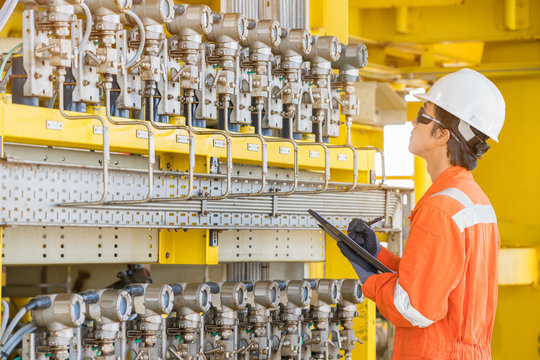Instrumentation engineering stands at the confluence of engineering, physics, and technology. It is a discipline that champions the design, deployment, and maintenance of instruments and control systems in various domains, including industrial settings, healthcare, and environmental monitoring. But how does instrumentation engineering wield such influence across these diverse sectors? One may ponder: how might the evolution of this discipline pose both opportunities and challenges? This exploration endeavors to untangle the intricate web of instrumentation engineering and the pivotal roles it plays in contemporary society.
At its core, instrumentation engineering deals with the art and science of measurement. The profession intricately intertwines with sensors, transducers, and controllers, primarily focusing on data acquisition and control. Engineers in this domain meticulously select and calibrate instruments that measure temperature, pressure, flow, and chemical compositions. The precision required in these measurements cannot be overstated, as even minuscule errors can lead to catastrophic failures in processes that rely on accurate data. For instance, in the burgeoning field of smart manufacturing, where real-time data is paramount, the role of instrumentation engineering becomes even more critical.
Integration of advanced instrumentation systems heralds a new era of automation and efficiency. Instrumentation engineers design processes that are not only automated but also interconnected. Here lies a challenge: as systems grow more sophisticated, the risk of cybersecurity threats escalates. The reliance on IoT (Internet of Things) technologies necessitates robust security protocols, which become a foremost concern as engineers strive to balance performance and protection. This crossroad necessitates ongoing education and adaptability within the discipline.
Moreover, instrumentation engineering extends its tentacles into the medical realm, where the precision of measurement can mean life or death. Medical instruments, such as MRI machines or heart monitors, rely on finite calibration and responsive sensors to function effectively. Engineers collaborate interdisciplinary with healthcare professionals to design effective medical devices that enhance patient outcomes. However, the challenge of regulatory compliance poses obstacles, where stringent standards must be met in order to bring new technologies to market. Engineers are continually evolving to navigate these regulatory landscapes while pushing the boundaries of medical technology.
Environmental monitoring is another domain where instrumentation engineering plays a pivotal role. With climate change becoming an ever-pressing issue, the demand for accurate data regarding atmospheric conditions, pollutant levels, and ecological health becomes paramount. Engineers are increasingly developing sophisticated monitoring systems that can accurately collect and analyze data over extended periods. These systems must withstand variable environmental conditions, presenting a significant engineering challenge. Not only must data collected be precise and reliable, but it must also be processed effectively to provide actionable insights for environmental policy and management. This aspect of instrumentation engineering necessitates a convergence of expertise across hardware design, software development, and data analytics.
Instrumentation engineers must also contend with the acceleration of emerging technologies, such as artificial intelligence and machine learning. The implementation of smart algorithms for predictive maintenance and fault detection paves the way for highly efficient instrumentation systems. However, this integration brings forth a quandary regarding the skill sets required by future professionals in the field. The age-old reliance on traditional engineering concepts must evolve; engineers must now be equipped with interdisciplinary frameworks that encompass software proficiency, data science, and an understanding of machine-learning algorithms.
Additionally, the global expansion of instrumentation engineering practices leads to an interesting challenge in standardization. Engineering practices vary significantly across regions, influenced by divergent regulations and cultural contexts. Instrumentation engineers must navigate these murky waters to develop instruments that adhere to local standards while maintaining international efficacy. This could mean engaging in a delicate tango with various stakeholders, which requires not only technical acumen but also diplomatic skill.
As we delve deeper into the profession, a particularly playful question emerges: what new frontiers will instrumentation engineering venture into next? Will it embrace space exploration, monitoring the conditions of distant celestial bodies? Or perhaps it will synergize with biotechnology to enable unprecedented breakthroughs in genetic research? The possibilities seem boundless.
In summation, instrumentation engineering is a dynamic, multifaceted field marked by precision, innovation, and an unyielding commitment to improving human life and the environment. From industrial applications to healthcare advances and ecological assessments, the repercussions of this discipline are palpable and profound. As its realms expand, instrumentation engineers must not only embrace evolving technologies and mitigate challenges but also champion ethical practices to navigate the intricate spheres they inhabit. The future beckons with diverse possibilities and daunting challenges; it is a testament to the ingenuity and perseverance of instrumentation engineering that these hurdles can be transformed into stepping stones for progress.










